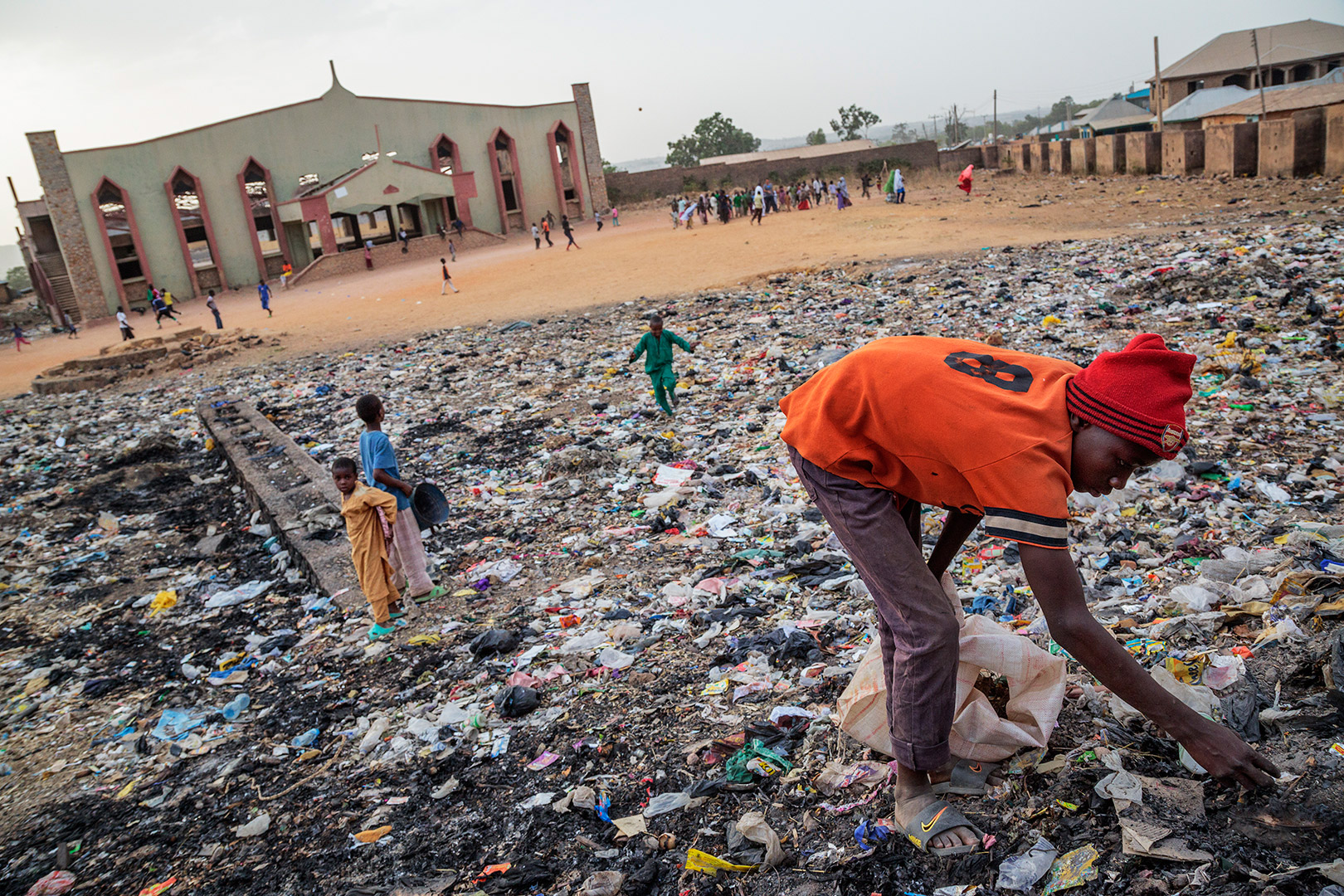ABUJA, Nigeria – According to the World Bank, Nigeria has experienced one of the highest inflation rates globally, which has pushed an estimated four million people into poverty between January and May 2023.
The information was disclosed on Tuesday, June 27, 2023, during the launch of the June 2023 edition of the Nigeria Development Update in Abuja.
The World Bank has stated that if the Federal Government of Nigeria does not take steps to compensate or provide palliatives for the vulnerable population following the removal of fuel subsidy, approximately 7.1 million more Nigerians could be pushed into poverty.
As of the beginning of 2023, World Bank data indicated that 89.8 million Nigerians were living in poverty.
This number has risen to 93.8 million due to the four million additional individuals pushed into poverty between January and May.
Projections suggest that this number could reach 100.9 million if the government does not take measures to compensate the vulnerable population impacted by the removal of fuel subsidies.
The report highlighted that Nigeria’s inflation rate has hit a 17-year high.
Consumer price inflation surged, and the consumer price index further accelerated through May 2023 to 22.4 percent year-on-year.
This high inflation rate has been driven by various factors including the Central Bank of Nigeria’s monetization of the fiscal deficit, multiple exchange rates, exchange rate depreciation, trade restrictions, and the global spike in food and energy prices.
The National Bureau of Statistics, NBS, recently disclosed that inflation in Nigeria rose to 22.41 percent in May, the highest rate in about 19 years.
The NBS also reported that 133 million Nigerians are multi-dimensionally poor, lacking access to health, education, living standards, employment, and security.
The World Bank noted that the loss of purchasing power from high inflation has particularly affected the rural poor, where the number of poor people increased by an estimated 4 percent.
In urban areas, there was an estimated increase of 11 percent in the number of poor people.
With the removal of fuel subsidy, the World Bank warned that poor and economically insecure households who directly or indirectly depend on petrol could face a significant loss of income.
Petrol prices have almost tripled following the subsidy removal, and this has adversely affected poor households.
The World Bank emphasized the importance of adequate compensation and social protection programs to shield Nigerian households from the impacts of inflation and subsidy removal.
It also applauded the removal of the subsidy and foreign exchange management reforms as critical steps towards rebuilding fiscal space and restoring macroeconomic stability, but stressed the need for further comprehensive reforms.
Governor Seyi Makinde of Oyo State and Governor Alex Otti of Abia State both expressed support for reforms but highlighted the necessity of social safety nets and deregulation in the oil sector.
The International Monetary Fund’s, IMF, Resident Representative for Nigeria, Ari Aisen, warned that the new reforms could have side effects due to past distortions and emphasized the importance of policies to curb inflation.
He also stressed the need for further tightening of monetary rates.
The World Bank Country Director for Nigeria, Shubham Chaudhuri, revealed that Nigeria is the largest beneficiary of concessional financing from the World Bank, receiving over $10.5 billion since February 2020.
Additionally, the World Bank’s lead economist for Nigeria, Alex Sienaert, mentioned that Nigeria is projected to save up to $5.1 billion in 2023 alone after the removal of fuel subsidy and reforms of its foreign exchange market.







